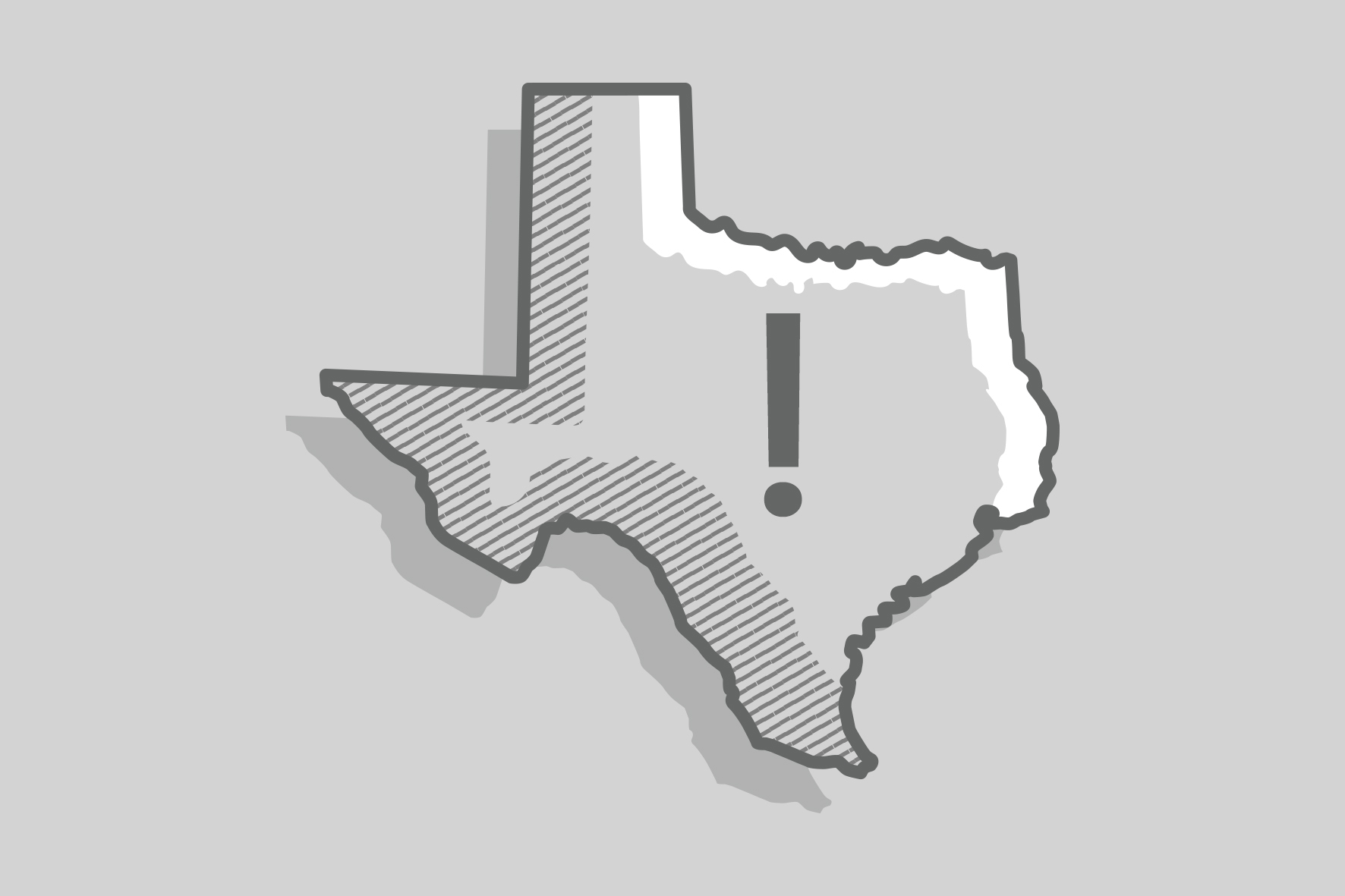- 14 3402-5578
- Rua Hygino Muzy Filho, 737, MARÍLIA - SP
- contato@latinoobservatory.org
 Imagem de Freepik
Imagem de Freepik
Recent legislation in Florida and Texas to crack down on undocumented immigrants is prompting some Latinos to reconsider where they live and work. In Florida, videos of empty workplaces went viral after Gov. Ron DeSantis signed a law that increases sanctions for the employment of undocumented workers.
According to a report in The Hill, those videos have generated attention and concern in Latino communities, reflecting genuine fears.
Mario Carrillo, campaign manager for America's Voice, a progressive immigration advocacy group, says that while some may be protesting, there is also a palpable fear among the immigrant community. He recognizes that immigrants are an essential part of the workforce and that the consequences of these laws can be felt by those who depend on their labor.
Florida's law, which will take effect July 1, includes several provisions that will make life more difficult for undocumented immigrants and their communities. Domingo García, national president of the League of United Citizens of Latin America (LULAC), describes Florida as a dangerous and hostile environment for Americans and law-abiding immigrants, highlighting the significant changes that have occurred over time.
Under the new legislation, Florida will no longer recognize driver's licenses issued out of state to undocumented immigrants and will prohibit counties from issuing identification cards to them. These measures further restrict the rights and mobility of undocumented individuals living in Florida.
In addition, the law requires the use of E-Verify for hiring, a controversial employment verification program that critics argue often results in false positives, preventing documented immigrants or U.S. citizens from working legally. According to U.S. Citizenship and Immigration Services, which administers E-Verify, nearly 60,000 job seekers marked as undocumented have been able to prove their legal right to work in the country. Of the total of more than 48 million job seekers, the system identified only about 525,000 as unauthorized, according to The Hill report.
The law also penalizes the transportation of undocumented immigrants in a way that its advocates consider excessive in relation to human trafficking prevention laws. In Texas, Republicans recently passed a bill in the House that would create a “Border Protection Unit”, a specialized immigration police force that would operate in counties along the border where the state’s Latino population is concentrated.
With the passage of these tougher enforcement actions against undocumented immigrants in Florida and Texas, the states join a group that has tried to replace federal immigration enforcement with local laws.
Some critics of the government in Florida express concern about the shortage of workers resulting from the new law, while others believe cracking down on the more than 770,000 undocumented immigrants in the state will have dire consequences. While Gov. Ron DeSantis has broad support in Florida, including in many sectors of the Latino community, some argue that stricter enforcement could hurt his popularity.
Opponents of the bills are especially frustrated with
what they see as opportunistic political moves by governors considering the
2024 presidential race. Many Latinos in Florida and Texas say they feel
marginalized by the pursuit of political points with the GOP base, which
potentially puts their communities at risk.











